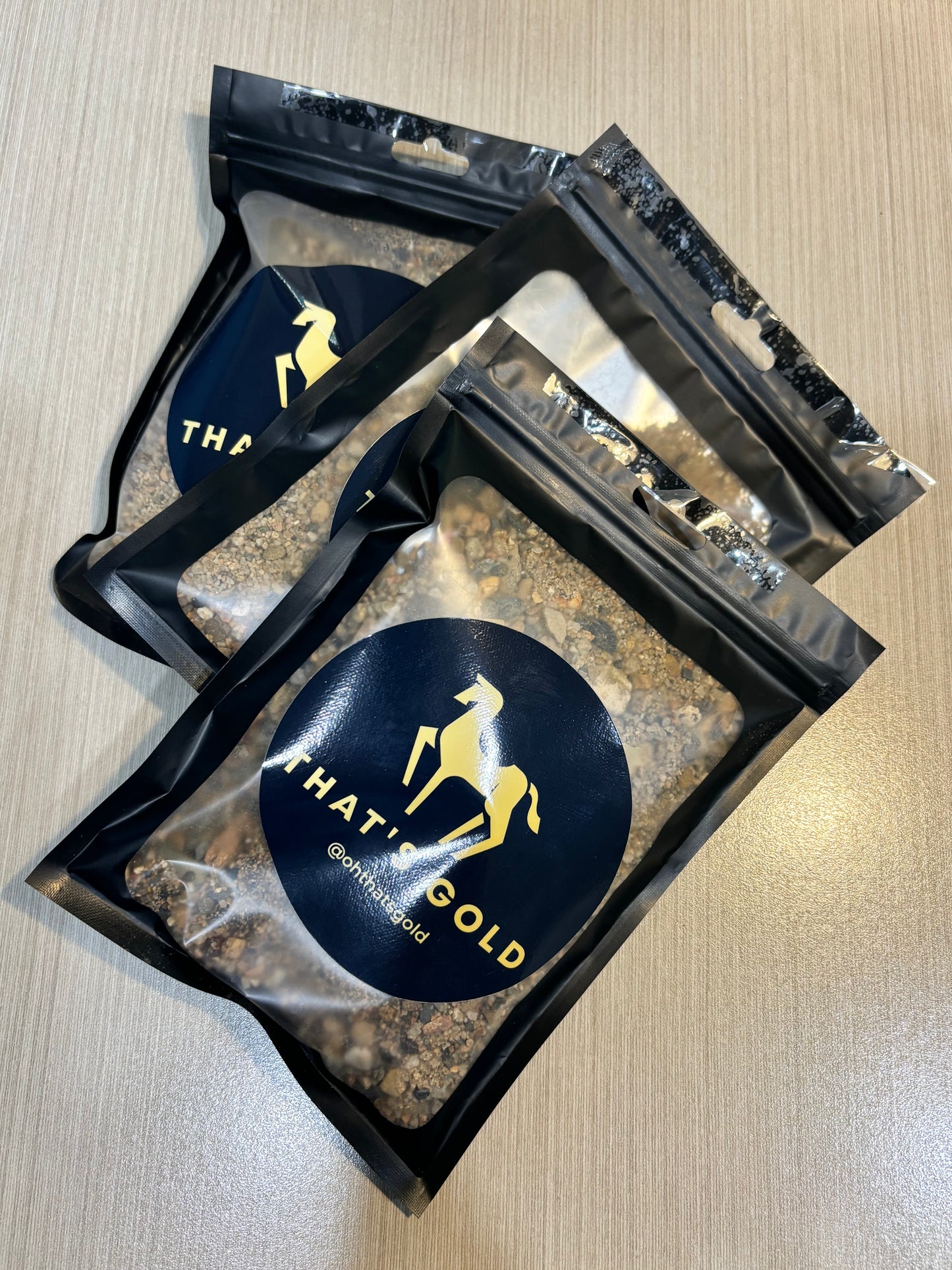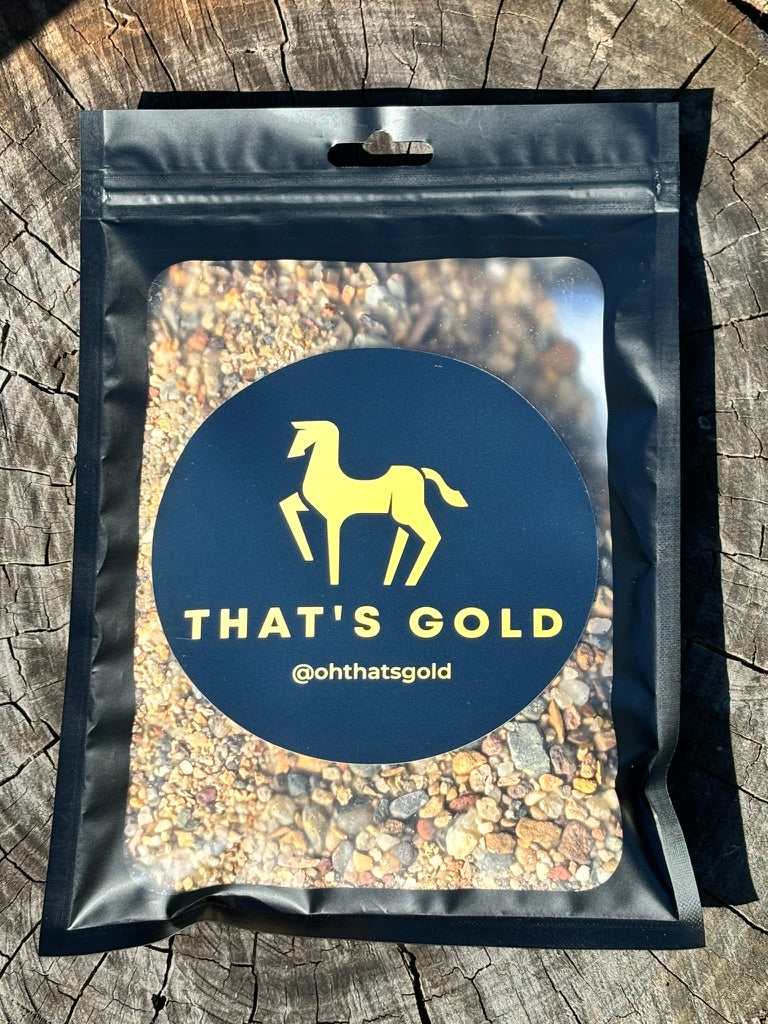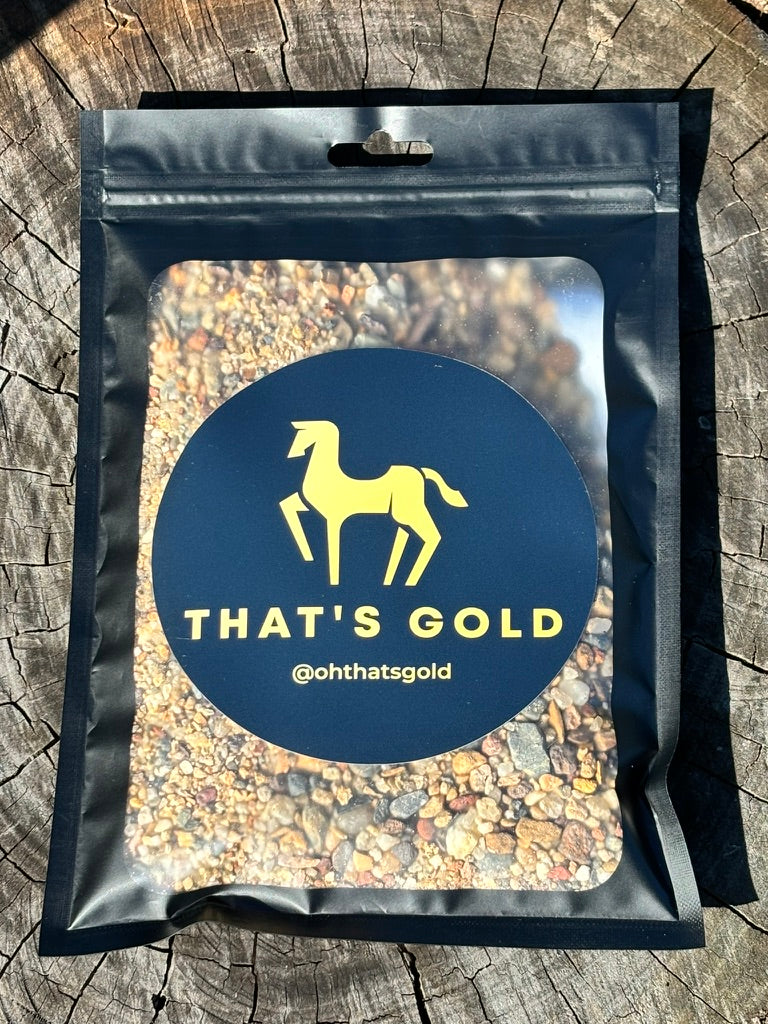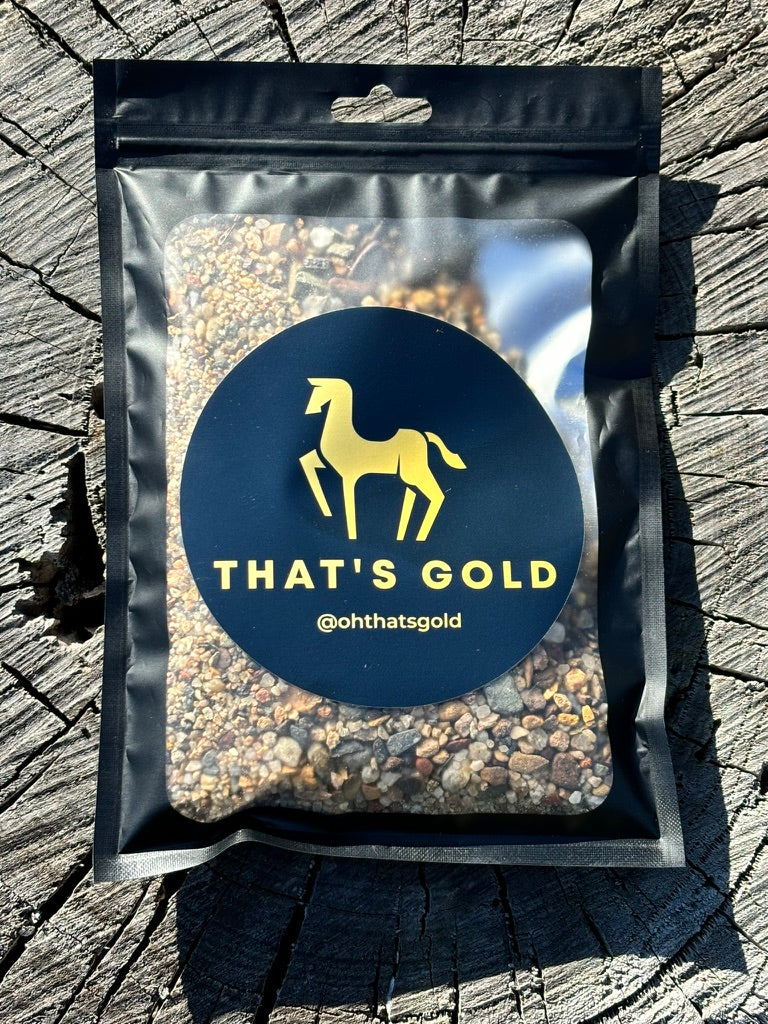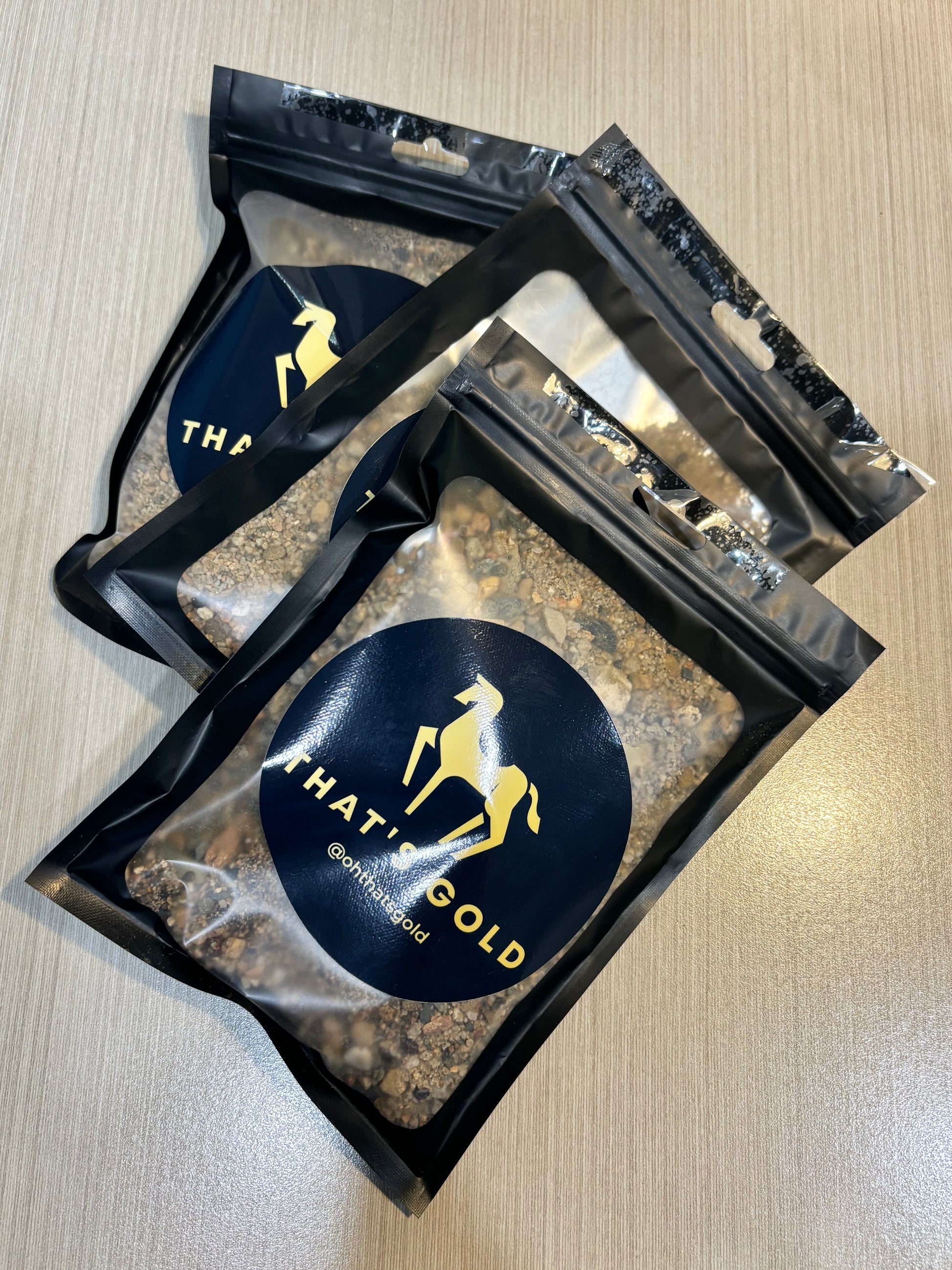What is the Best Place to Prospect for Gold in Queensland?
The best place to prospect for gold in Queensland is hands down Clermont, located in Central Queensland. It offers vast fossicking areas, rich gold history, and plenty of opportunities to strike it lucky with nuggets and alluvial gold.
Whether you’re swinging a detector or panning in a creek, Queensland is packed with golden spots waiting to be explored. To help you plan your next adventure, I’ve put together a quick guide to the best fossicking locations across the state.
Best Places to Prospect for Gold in Queensland
| Rank | Location | Why It’s Great | Licence Required? |
|---|---|---|---|
| 1 | Clermont | Large GPA areas, known for nuggets | Yes |
| 2 | Durikai State Forest | Family-friendly, easy access | Yes |
| 3 | Talgai State Forest | Good for beginners and experienced | Yes |
| 4 | Thanes Creek | Known for fine gold and gems | Yes |
| 5 | Palmer River | Historic goldfield, remote beauty | Yes |
| 6 | Mount Morgan | Gold and history in one place | Yes |
| 7 | Charters Towers Region | Historic mines and nugget finds | Yes |
| 8 | Gympie Goldfield | Great for alluvial gold | Yes |
Top 3 Gold Prospecting Spots in Queensland
1. Clermont — Queensland’s premier gold fossicking hotspot.
2. Durikai State Forest — Scenic area with easy access and great potential.
3. Talgai State Forest — Ideal for beginners, plenty of detectable gold.
Andrew from That's Gold here and I get asked all the time, where’s the best place to go prospecting for gold in Queensland? Well, here’s a handy little five star rating I’ve put together so you can see at a glance where the hotspots are. Whether you’re a seasoned prospector or just keen to give it a crack, these are the spots that’ll give you the best shot at having a ripper of a day. Happy days — and good luck out there!
Top Gold Prospecting Spots in Queensland
Clermont ⭐⭐⭐⭐⭐
Durikai State Forest ⭐⭐⭐⭐
Talgai State Forest ⭐⭐⭐⭐
Thanes Creek ⭐⭐⭐
Palmer River ⭐⭐⭐
Mount Morgan ⭐⭐⭐
Charters Towers ⭐⭐⭐
Gympie Goldfield ⭐⭐⭐
G’day legends — Andrew here from That’s Gold!
If you’re itching to get out bush and chase some of that glorious yellow stuff, Queensland is a ripper state to do it in. With a rich gold mining history and plenty of spots still producing colour today, there are more places than you might think to swing a detector or pan a creek.
Whether you’re new to prospecting or an old hand, I’ve put together this guide to some of the best places to prospect for gold in QLD. Plus, I’ll share a few handy tips to make your next trip a golden success.
👉 And if you can’t make it out to the fields right now, don’t worry — our most popular gold paydirt online brings the experience straight to your home. You can grab a bag of genuine Aussie gold paydirt here 👉 Mystery Ripper Paydirt Bundle
Gold Prospecting in Queensland
Fossicking fr gold in Queensland is a thrilling activity, attracting many enthusiasts to explore its rich landscapes. The state’s mining history, particularly during the gold rush period, has established several prime locations where prospectors can seek out valuable gold nuggets and alluvial deposits.
To engage in gold prospecting legally, individuals are required to obtain a Queensland Fossicking Licence. This licence specifically permits recreational and educational fossicking, allowing users to collect material solely with hand tools. A fee applies, with options for short-term or annual access, making it accessible for both casual and dedicated fossickers.
License Requirements
The process to acquire a fossicking licence is straightforward and can be executed online. Prices range from approximately $10 for a one-month licence to around $60 for an individual annual licence, with family options available at $80. Upon completion of the payment, the licence is sent via email, granting immediate rights to commence fossicking activities.
Safety and Regulations
Fossickers must adhere to the guidelines set forth by the Fossicking Act 1994, which outlines various safety and environmental responsibilities. Key regulations include:
- Preservation of Flora and Fauna: Prospectors must avoid damaging trees or clearing vegetation unnecessarily.
- Water Management: Polluting water sources is strictly prohibited.
- Protecting Wildlife: Fossickers are required to refrain from disturbing livestock and native animals.
- Cultural Sensitivity: Any heritage or cultural sites must not be interfered with during the fossicking process.
Additional limitations exist surrounding digging practices. For instance, digging is restricted to depths of no more than 2 metres below ground level. In waterways, the limit is 0.5 metres. Furthermore, machinery, including motorised sluices and dredges, is not permitted, ensuring that activities remain environmentally friendly.
Fossicking on Private Land
Prospectors hoping to fossick on private land must secure written permission from landowners prior to any activities. Without this consent, engaging in fossicking is prohibited, ensuring respect for property rights.
Gold Deposits and Locations
Queensland boasts several renowned fossicking locations, each known for their unique geological characteristics that yield alluvial gold and nuggets. Notable areas include:
- Clermont: Home to multiple General Permission Areas (GPA’s) with a significant area designated for fossicking.
- Durikai State Forest: Attracts fossickers due to its extensive available land for exploration.
- Talgai State Forest: Offers designated permission areas for prospectors seeking gold.
In Clermont alone, there are numerous GPAs, including approximately 11,000 hectares for gold searching. Recent developments have even introduced new areas like the Brigalow General Permission Area, further expanding opportunities for gold detection.
Cutting-edge Technology
Successful gold prospecting often relies on the utilisation of advanced tools. Metal detectors are widely employed, with many prospectors favouring esteemed models such as the Minelab GPZ 7000 and GPX series for their effectiveness in detecting gold deposits.
Safety Considerations
While engaging in gold prospecting, it is essential to consider the local wildlife. Encountering snakes and other insects is common in many fossicking locations, warranting the need for awareness and precaution. Taking measures to ensure personal safety and environmental conservation remains vital.

Fossicking Clubs and Community
Joining a fossicking club can enhance the experience, providing valuable knowledge and camaraderie among fellow prospectors. Local clubs often share advice on techniques and best practices, which can be beneficial for both seasoned fossickers and beginners.
Environmental Impact and Future Generations
Fossickers must adhere to ‘leave no trace’ principles, ensuring that future generations can enjoy the same rich landscapes. Responsible fossicking respects the environment, safeguards local ecosystems and maintains the historical integrity of these areas.
Effective research and planning play critical roles in successful gold prospecting. Familiarity with regulations and the nuances of chosen locations can lead to efficient and rewarding experiences.
Types of Gold and Minerals
Fossickers are allowed to collect various treasures during their expeditions. The primary focus remains on alluvial gold, including gold nuggets, flakes, and gemstones such as agate and moonstone. Certain restrictions apply, prohibiting the collection of vertebrate fossils and meteorites.
Locations like Thanes Creek and the Palmer River are celebrated for their abundance of precious materials, often attracting many dedicated prospectors keen on discovering hidden treasures.
Gold Mining History
Queensland's gold mining history has deeply influenced local culture and economy. The early gold rush drew thousands of prospectors, leading to the establishment of towns such as Charters Towers and Gympie, which played critical roles in the region's development.
The evolution of mining practices over the years has paved the way for modern fossicking, whereby insights gained from historical methodologies inform contemporary approaches to gold prospecting.
Educational Opportunities
In addition to recreational activities, fossicking serves educational purposes. Understanding local geology, environmental science, and the intricate history of gold mining enriches the experience for many prospectors. Numerous workshops and informational sessions are offered to promote knowledge-sharing among budding fossickers.
References for Further Research
Prospective fossickers are encouraged to utilize online resources to further their research. Websites such as Queensland Globe and GeoResGlobe provide crucial data regarding mining and exploration permits, property boundaries, and additional geological information.
By remaining informed and embracing the spirit of exploration, individuals can responsibly delve into Queensland’s gold-rich heritage, taking part in an incredible journey that respects both the environment and historical context.
Frequently Asked Questions
What are the top gold mining regions in Queensland?
Queensland is home to several prominent gold mining areas. The most productive locations include the Richmond, Charters Towers, and the Gympie Goldfield. These regions have historical significance and continue to attract fossickers and miners alike.
How does one acquire a fossicking licence in Queensland?
To obtain a fossicking licence in Queensland, an individual must apply through the Department of Resources. The application can often be completed online, where they will need to provide personal details and any relevant fees. The licence allows for fossicking in designated areas across the state.
Where was the largest gold nugget found in Queensland?
The largest gold nugget discovered in Queensland is known as the Welcome Stranger Nugget. This impressive find was unearthed in 1869 at the Eureka Reef, near Ballarat, and weighed approximately 72 kilograms.
Are gold fossicking maps for Queensland available?
Yes, gold fossicking maps can be accessed through the Department of Resources website. These maps delineate areas where fossicking is allowed and provide guidance on access points and key locations for gold detection.
Are there designated fossicking sites near Chinchilla?
Yes, there are specific areas around Chinchilla where individuals can engage in gold fossicking activities. The Department of Resources provides details on these locations, which are suitable for both recreational and serious fossickers.
Is Mount Morgan accessible for gold fossicking?
Mount Morgan is an accessible site for gold fossicking, with a rich history of gold mining. While some areas may have restrictions, many locations are open to enthusiasts looking to explore and search for gold.



